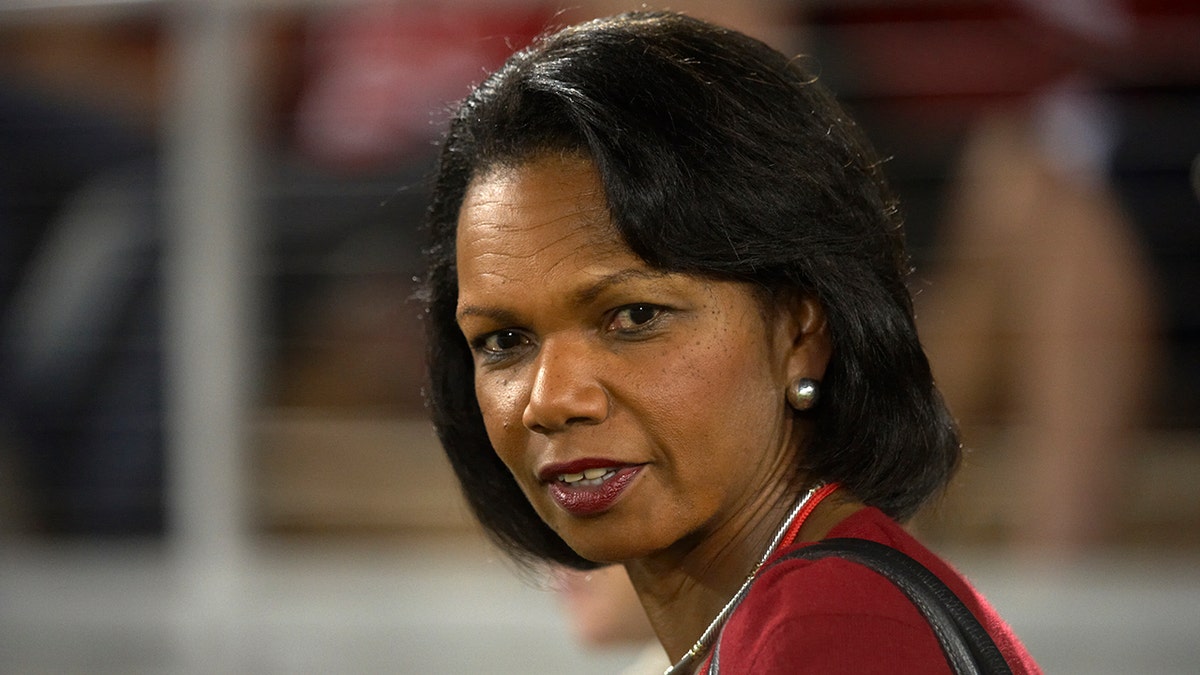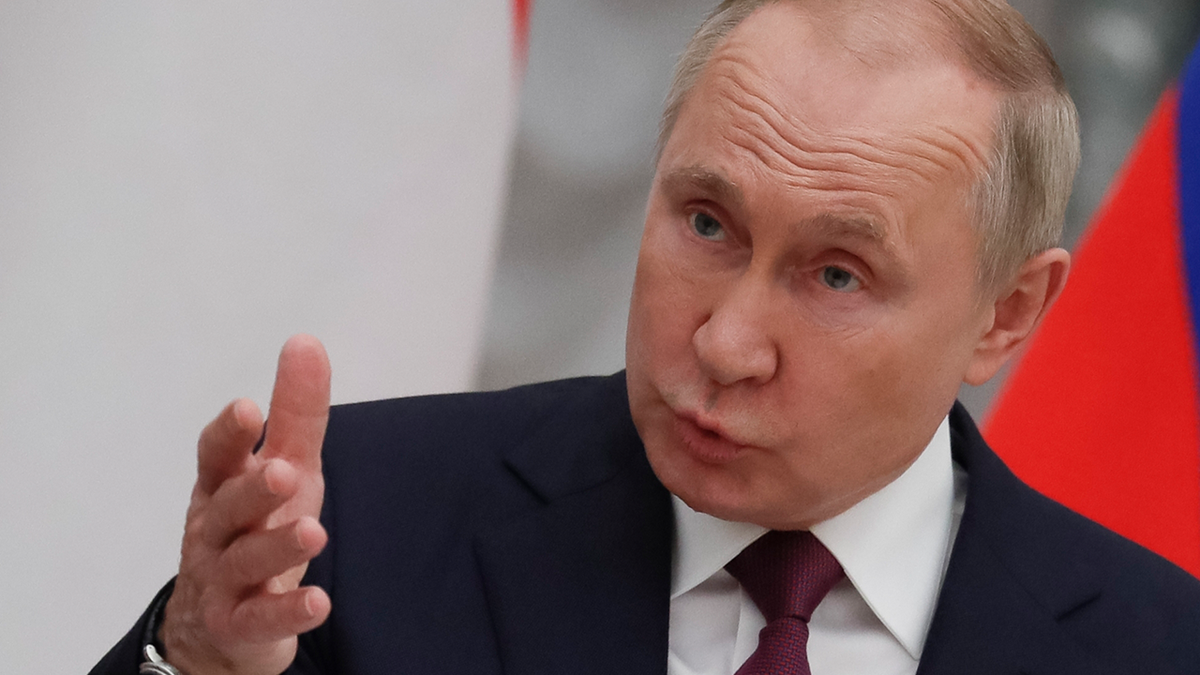Thousands flee Donbas region in Eastern Ukraine as Russian shelling continues
Fox News correspondent Lucas Tomlinson has the latest as Russian shelling strikes cities across Eastern Ukraine on 'Special Report.'
Former security officials insist that the United States made every effort to integrate Russia, rejecting claims that America "tried to humiliate" the former Soviet Union.
"I will go out on a limb here and say that I think everybody from the Clinton administration to the Bush administration, to the Obama administration, to the Trump administration did everything possible to try to integrate Russia into the international system," Former Secretary of State Condoleeza Rice said Friday at the Aspen Security Forum.
"The idea that somehow we tried to humiliate Russia, we tried to impose the kind of Versailles-like -- it just isn't true."
Former President Bill Clinton in April insisted he couldn’t have done anything to prevent Russian President Vladimir Putin from invading Ukraine and denied his administration went out of its way to "isolate, humiliate or ignore" the Russian leader.
"That’s the biggest load of bull you’ll ever hear," he said.
And Rice reiterated Clinton’s sentiment, even as she acknowledged that America had a duty to pay attention more to the international community, which may have come at the cost of Russian cooperation on the world stage.

Stanford Graduate School of Business Global Center for Business and the Economy director Condoleezza Rice during game vs Wake Forest. Stanford, CA. (John W. McDonough /Sports Illustrated via Getty Images)
"Are you really going to say to the newly democratic Poland, Hungary, Czech Republic, ultimately later on Romania, the Baltic states - Oh, sorry, you've gone through this democratic revolution, you've broken away from a Soviet Union … but you're still part of the Soviet empire, so just get used to it?" she asked.
"It turns out that the Poles and the Hungarians and others, they would remind us when we were at NATO that this wasn't actually about NATO's role in Afghanistan for them - they were in NATO because Russia would be revanchist one day," she added, referring Russia’s eventual desire to revive the Soviet Union. "So maybe they understood it better than we did."
US MUST SEEK INTERNATIONAL CYBERSPACE NORMS WITH CHINA, RUSSIA: EXPERTS
Rice drew attention specifically to Putin’s nationalist leanings, which she attributed to his isolation and "modern Rasputins" who would fill the Russian leader’s head with notions of "dynastic, messianic duty" to revive the "Russian nation."

Russian President Vladimir Putin has attempted to silence non-state media. (Yuri Kochetkov/Pool Photo via AP) (Yuri Kochetkov/Pool Photo via AP)
At the same forum, former National Security Advisor Stephen Hadley stressed that Putin had "changed a lot" throughout his decades in power, and ultimately made it impossible for the U.S. to engage with him and integrate Russia to the international institutions.
CLICK HERE TO GET THE FOX NEWS APP
"I would say what was the problem was the Color Revolutions, which Putin decided were basically a CIA operation operating through NGOs to topple governments and put in place - we would say democratic, he would say democratic governments that were anti-Russian, and that it was a dress rehearsal for what we were going to do with Russia," he said. "And I think at that point we lost him."










































